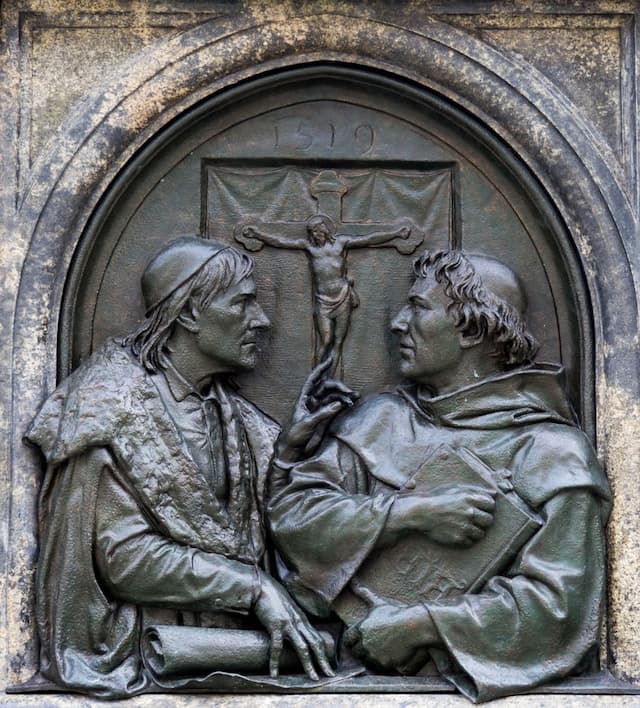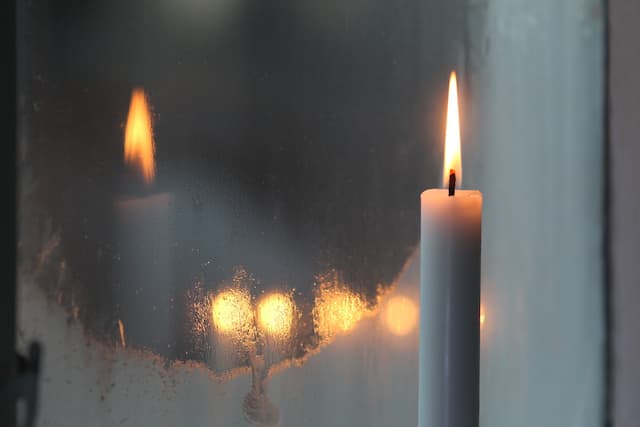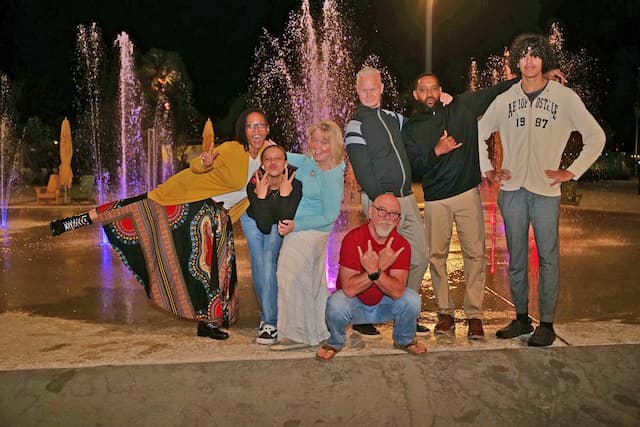Hedge My Way With Thorns (Hosea Study #5)

(To read these posts in order from the beginning, start here.)
Read Hosea 2:1-13
In America, committed Christians are now a “worldview minority” in an increasingly anti-Christian culture. Israel was not just a worldview minority in their surrounding culture but was a tiny speck on the map of a rapidly expanding and violent Assyrian Empire. They were also surrounded by the polytheism and Baalism of the Canaanite culture. But they were called to worship and depend on Yahweh alone, which made them highly unusual among their neighbors. There’s evidence in Hosea that the Canaanites engaged in ritualistic sexual intercourse with cult prostitutes to stimulate Baal to send rain for their crops and fertility to their wombs. If you could just please the gods, they would take care of you. And often, Israel would play both sides of the fence, even sometimes sanctioning the worship of other gods in official worship centers. And the word Baal?Teeeechnically just meant “my lord.” So, Israelites could justify praying to “my Baal,” thinking they might get a two for one from Yawheh and Baal.
But Yahweh wasn’t having it. Israel was his Bride and she was committing adultery with other gods.
In the last post, we covered the end of Hosea chapter 1, with God suddenly reversing the narrative with a promise to redeem Isreal (and Gomer). Things were about to change for Hosea and Gomer’s three kids (and Israel). No Mercy would be shown mercy. Not my people would be called, “Children of the living God.” And remember that bloody warzone called Jezreel? God promised, “Great shall be the day of Jezreel.” He promised to bring the fractured nation back together—north and south—and establish them once again under one head. But first, they needed to understand the depth of their sin.
Beginning in chapter 2, we hear in terrifying detail, the punishment for Israel’s adultery. Yahweh rejects Israel as his wife. (Remember, this is primarily about Israel, but the story is playing out between Hosea and Gomer.) After their three children are born, Gomer leaves and ends up in destitution. “Plead with your mother, plead—for she is not my wife and I am not her husband—that she put away whoring from her face, and her adultery from between her breasts.” Many scholars think that the “whoring” on her face and the “adultery” between her breasts might be some kind of cosmetics and/or jewelry that identify her as a cult prostitute consecrated to a particular shrine of Baal worship.
Because of her “whoring,” he will strip her naked, make her like a parched land, and kill her with thirst. This is the stuff they don’t make coloring pages about in Sunday school, but there it is. For Israel, this represents God turning her over to the foreign nations and false gods she once turned to for help. Now she would be abandoned to their conquest.
The Canaanites believed that Baal and other gods would supply their needs. Down in verse 5, Israel/Gomer is noted as saying, “I will go after my lovers who give me my bread and my water, my wool and my oil and my flax…” Notice the focus on herself. My bread and my water. Me me me. She is entirely focused on herself and will stop at nothing to get what she wants. She should be depending on and thanking Yahweh for sustenance, but instead, she depends on and credits her “lovers” for her wants and needs. It’s likely she even saw her three children as a reward from Baal. She has found her identity in her selfish pursuit of idols. D.A. Garret noted, “The culture of Israel, particularly its political and religious leadership, is here metaphorically the prostitute mother of the Israelite people.”
Verse 13 is a sad reminder that Isreal has “forgotten” her husband. The very God who rescued them out of Egypt, parted the Red Sea, sent manna and quail, and caused water to gush from a rock is now forgotten…with all the accolades and thanks going to false gods.
But in his incredibly mercy, Yahweh promises to “hedge her way with thorns and build a wall against” her so she can’t find her path. Thank you Lord. Can we all just take a moment and thank Jesus for the times when he literally blocked our path when we chased after our idols? He doesn’t always, but if God has done that in your life, he has been very merciful to you, as he was to Israel.
This section ends with Yahweh promising to punish her. But then, like we are becoming accustomed to in Hosea, there’s a quick reversal and a shocking change of tone: “Therefore I will allure her, and bring her into the wilderness, and speak tenderly to her.” In entire next post will be dedicated to this “wilderness,” which is a major theme throughout both Old and New Testaments. But for now, let’s continue to sit in the undeniable wrath God possesses for the sin of idolatry.
This is the prayer I am praying as I study this section:
Lord, I thank you for your perfect holy character. I love that you do not tolerate one ounce of idolatry. Please shine your convicting light on every area of my being. May my heart be broken over my own sin—and grant me repentance and the grace to follow you without any hint of divided loyalty. Shine your light on my idols. Reveal them. Have mercy on me, O God, and hedge my way with thorns and build a wall against me when I wander from the path you have set before me. Draw my eyes to the One who wore a crown of thorns. Thank you that I get to read Hosea from this side of the cross, knowing that the full punishment for my sins was paid for by your Son Jesus. Please make me more like you every day as I study your Word.








